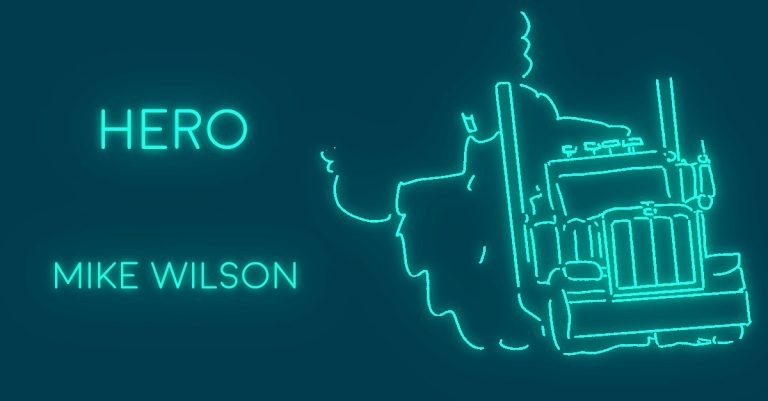
HERO by Mike Wilson
But maybe it would be good in some way, this sudden death of his, maybe it would mean his son Jason would move back to town and stop chasing that stupid life as a YouTube street magician.

But maybe it would be good in some way, this sudden death of his, maybe it would mean his son Jason would move back to town and stop chasing that stupid life as a YouTube street magician.
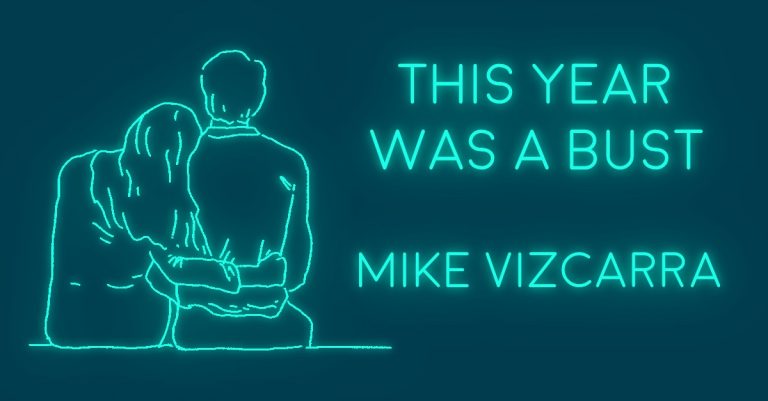
There is a red lipstick stain on my shirt from when we hugged. Mocking me, the way that stains do.
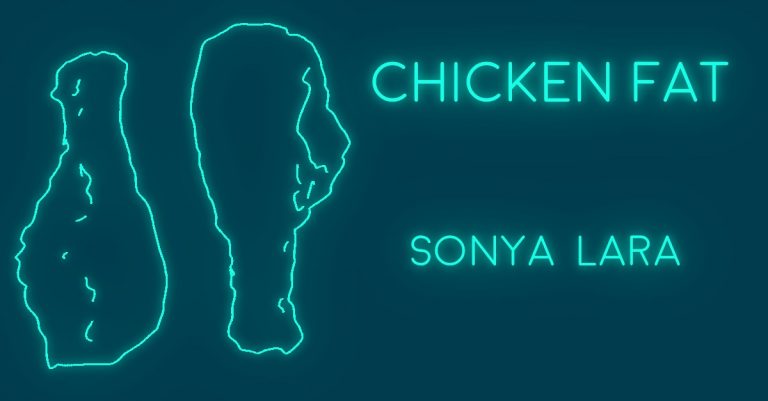
This seems to make her feel better because she sucks the wing real good like she’s trying to make the bird cum while she tells me that she wishes her daughter was more like me, minus the whole losing my hair thing obviously.
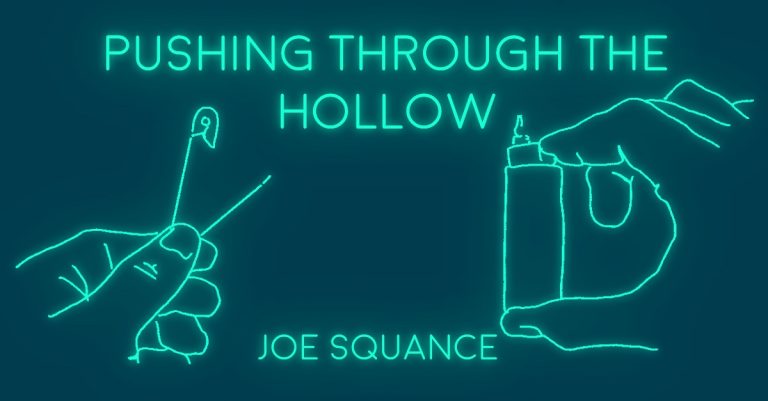
When Jimmy felt ready, he held the tip of the safety pin to the side of his left nipple and pressed it in.
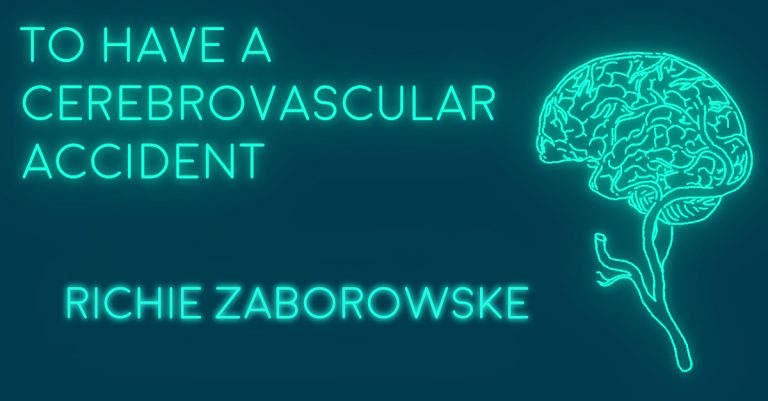
The thing is I’m not having a stroke. I’m drunk.
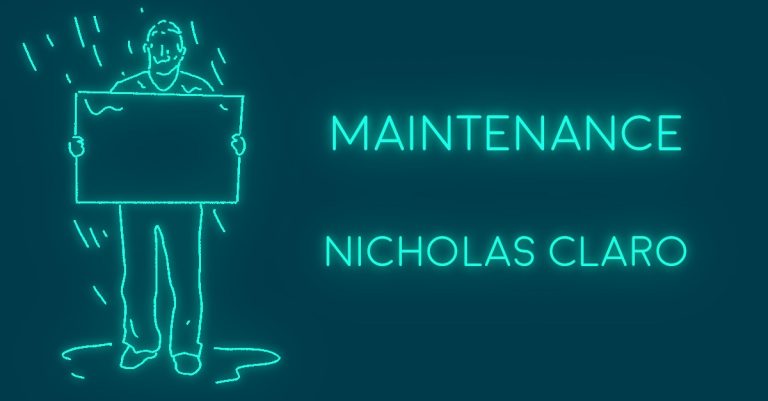
I got a call from a friend of a friend back home in Arkansas while waiting in line at the CVS, telling me our friend was in hospice.

To prove that I was not a victim of grand larceny by way of The Incredible Madame Eustacia like Channel 2 News is falsely claiming, I will demonstrate the following: a) that the Incredible Madame Eustacia was not a fraud and that b) despite relying on crowdfunding for next month’s rent, her advice was worth the cost.
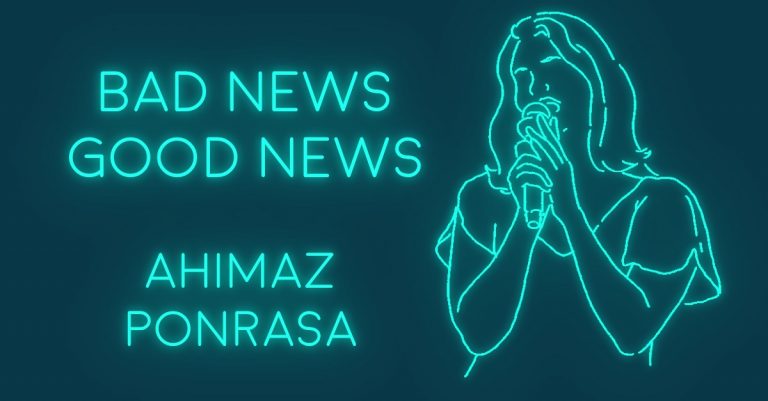
Bad news is prose allows only so much empty space. Good news is poetry allows lots and lots of breathing space.
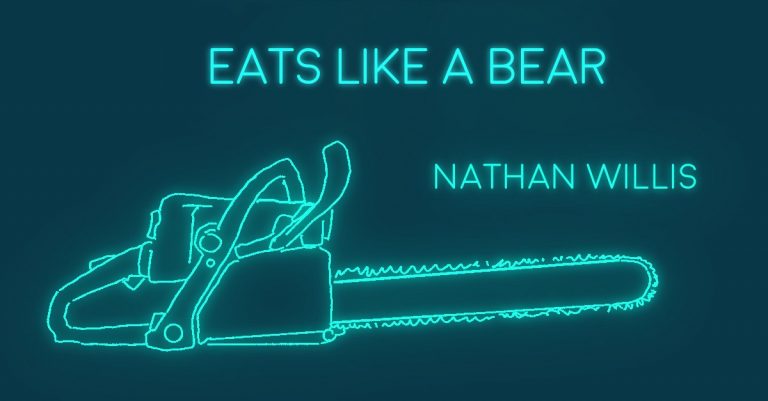
The bear looks up the school the baby will one day attend and leaves messages for the administrator, asking how soon is too soon to start the admissions process.
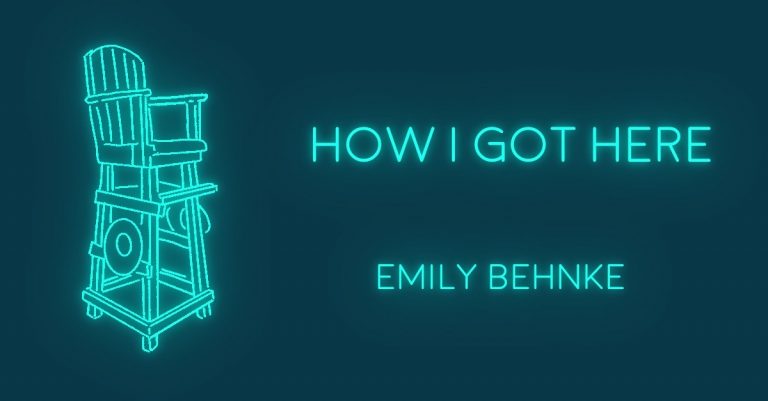
Up there, euphoria is brewing, and I decide it’s just for me.
